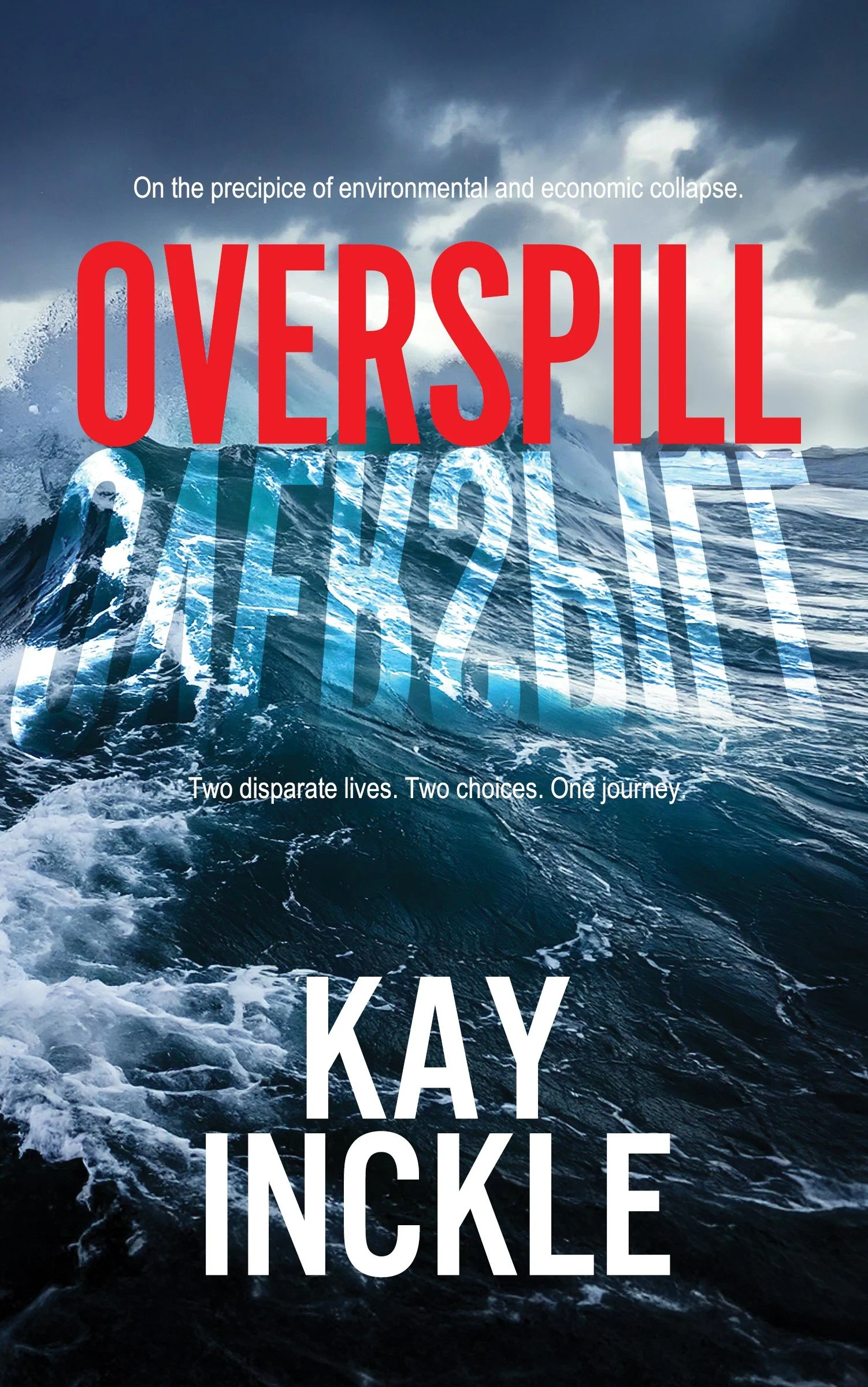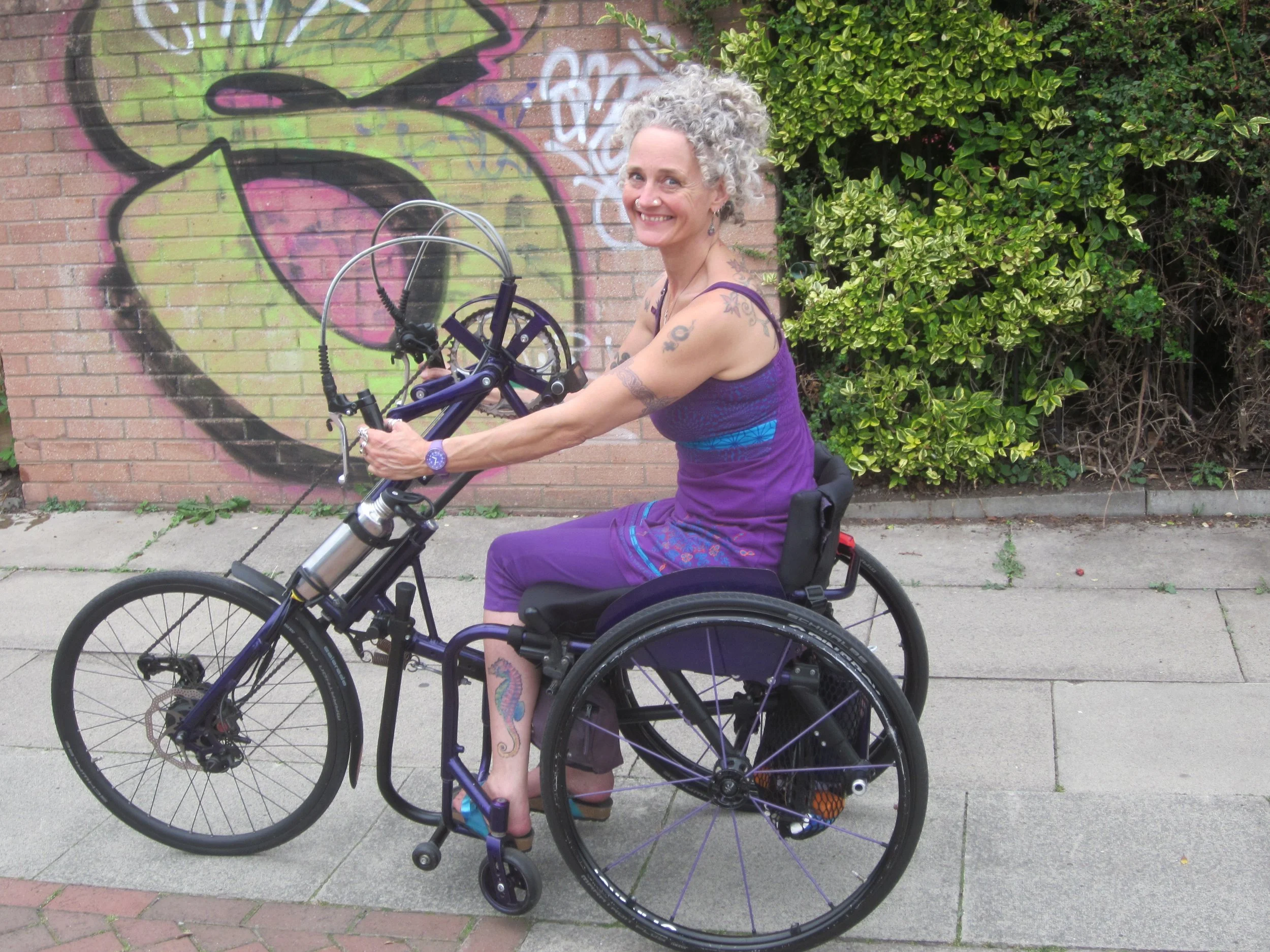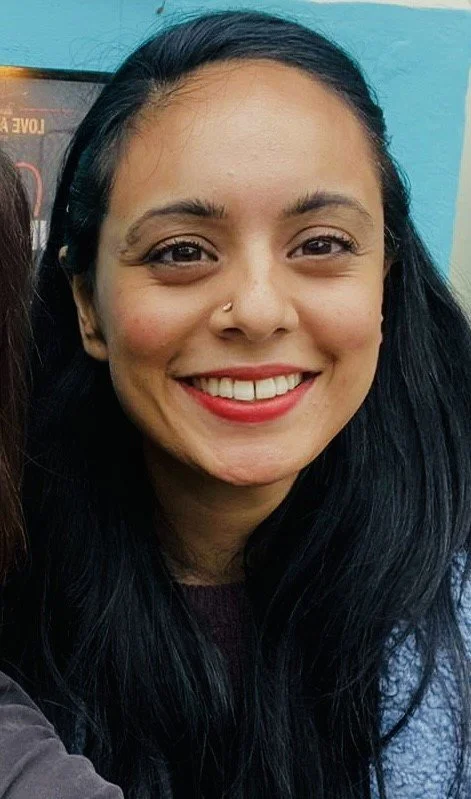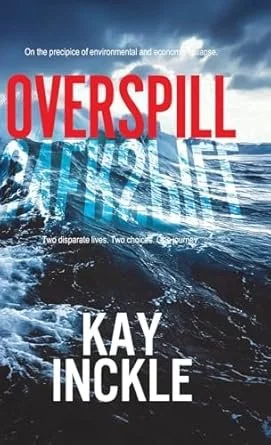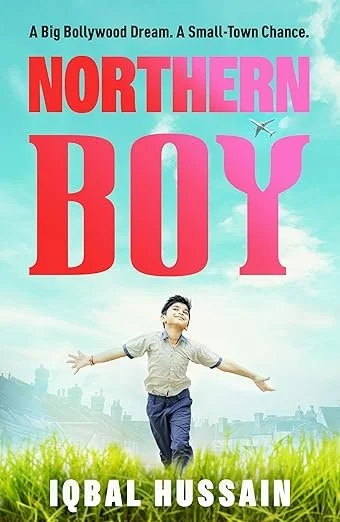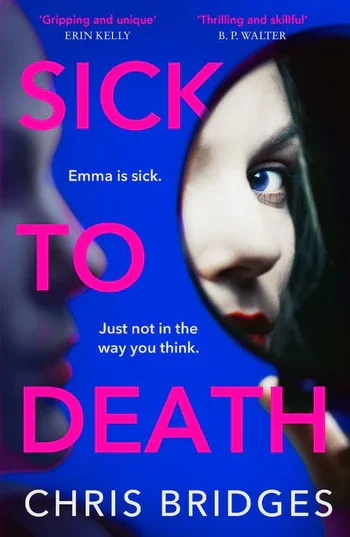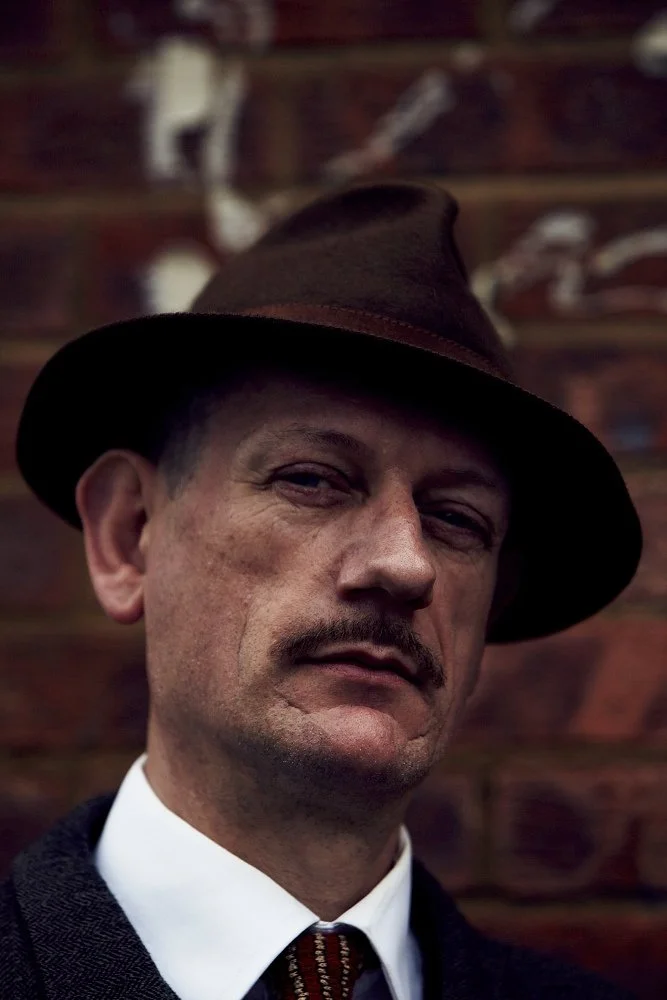With just ten days left to submit to this year’s Writers’ Prize, we wanted to shine a spotlight on our fabulous judge, Janice Okoh.
Janice Okoh, photography by MAD Photography, Mark Davis
Janice is an award-winning writer whose work spans stage, screen, radio and prose. Her plays include Three Birds, which won the Bruntwood Playwriting Competition, was shortlisted for the Alfred Fagon Award and the Verity Bargate Award, and subsequently adapted for the screen in this year’s BBC3 hit, Just Act Normal. Her debut novel, Girl Number Eight, is forthcoming from Penguin (US) and HarperCollins (UK) in 2027, and she's currently represented by top literary agent Madeline Milburn.
Janice’s hit BBC3 drama, Just Act Normal
As someone who has navigated the journey to publication across multiple mediums, Janice brings invaluable insight to our prize.
We asked Janice to discuss what captures her attention in those opening pages, how working across different forms has shaped her storytelling, and what she's hoping to discover in this year's submissions.
1. What draws you to a piece of writing in those crucial opening pages – what makes you want to keep reading?
Janice Okoh: What keeps me turning the page is intrigue — Who? What? When? Why? Whether it be emotional or otherwise. In the opening pages there should be at least one question the reader wants to know the answer to. For example, who did it? Why did she give him that look? Why are they not speaking? Some of these questions (called active questions) might be answered by the end of the first chapter or by the tenth. Others might not be answered until the end of the novel.
2. You've worked across different forms – playwriting, screenwriting, and prose. How has moving between these mediums shaped the way you think about storytelling?
Janice Okoh: When I come up with an idea, I ask myself two questions. The first is what medium would best serve this story and the second is what are the chances of it being produced/published in that medium?
When I think of ideas for TV, I think more about plot. TV needs a lot of plot. The characters are crucial and I might have a vague idea who they are, but they come afterwards. Once they are formed then they can dictate plot.
In theatre, it’s all about character and dialogue which is exciting. And plot tends to be minimal. The plot could simply be one or two plot twists or revelations.
Prose and radio are the most liberating mediums practically as there are no production costs like location (although with radio the number of characters is always restricted because it’s difficult for the audience to follow) so I save my most ambitious and crazy ideas for those mediums.
3. The Book Edit Writers' Prize champions underrepresented and unpublished writers. What advice would you give to writers who are still finding their voice or building the confidence to share their work?
Janice Okoh: You must share your work because doing so can help you progress your work faster, and you can get affirmation whether what you are trying to do is working well. However, only share your work when you’re ready. Sometimes I have shared my work too early and have followed a wrong direction of critiquing because I wasn’t sure of my characters or plot. I now share once I have done a really rough first draft (a zero draft) and have an idea of what I want to say even if the plot or character isn’t quite nailed down. This way, I have my core reason of writing the story to come back to when receiving conflicting critiques or too many opinions. You can weed out the feedback that resonates.
As regards to being an underrepresented writer, seek out underrepresented writer mentors because they’ll usually ‘get’ the nuances of your work. Failing this, find peers who enjoy reading novels, and who read widely, including what is selling well on the market regardless of genre or the background of the author. These peers tend to be good at giving helpful feedback and book reccomendations because they tend to get what you’re trying to do because they have read something like it.
4. When you're developing a story, whether for stage, screen, or page, what's the element you find yourself returning to most – character, dialogue, structure, or something else entirely?
Janice Okoh: The one-page synopsis. For my second novel I had a one-page synopsis that I tweaked and developed for about a year on and off before I started writing my zero draft. When I start writing my novel, I can refer back to the one-page synopsis of the story so I loosely know what’s coming next. I didn’t work from a one-page synopsis for my first novel and I think this is probably why it took me five years to write as I didn’t have any structure and I wasn’t sure who was telling the story. I was very unsure. I have always written a one-page synopsis when writing radio plays as it’s a requirement for pitching the idea to the radio drama commissioner.
5. Is there a book, play, or film that profoundly influenced your own approach to writing? What was it about that work that stayed with you?
Janice Okoh: I would say the play Woolworth Farce by Enda Walsh swept me away because of the intriguing and unique world Walsh created. That play influenced my own early writing and helped me create intrigue. When I think about the play now, I think about how weird it was.
6. What are you hoping to discover in the submissions for this year's prize? What kind of writing excites you as a reader and judge?
Janice Okoh: As a reader, I enjoy commercial and literary fiction — from romance, to crime and bookclub. My favourite are novels that hit that sweet spot of having a strong plot but have literary qualities about them. One such book I read recently was Broken Country by Claire Leslie Hall, which blew me away with all its twists and turns and tear-jerking storylines. As a judge, I’m open to any type of genre – I’m aware that romantasy and fantasy are very current so I would not be surprised to find that genre among the submissions. Anything goes really. Just as long as I am swept away by the writing and the plot is intriguing and there are no clichés.
Thank you so much, Janice! We can’t wait to read your debut novel and to find out who you have selected for the prize.
Janice provides bespoke mentoring services for writers and can be contacted via her Substack.




